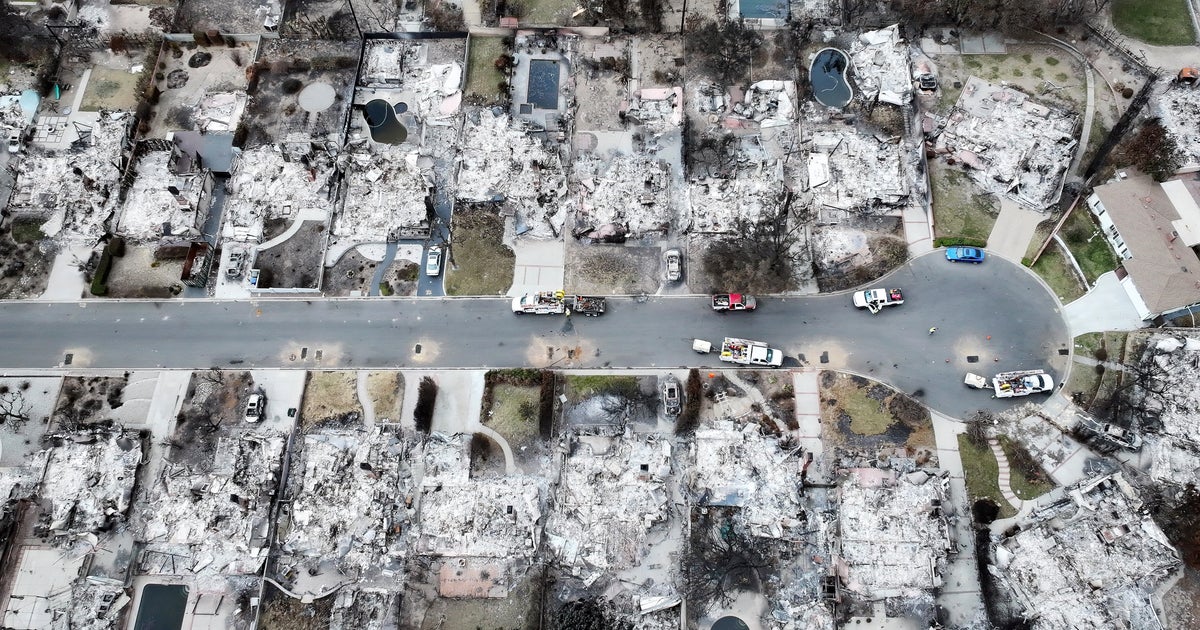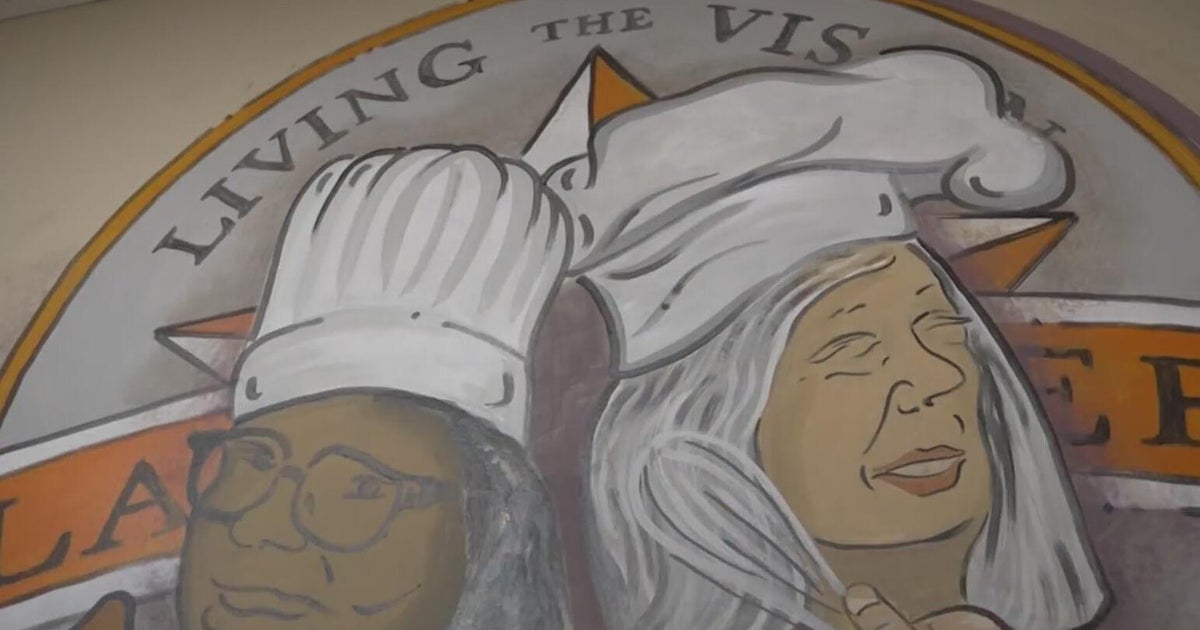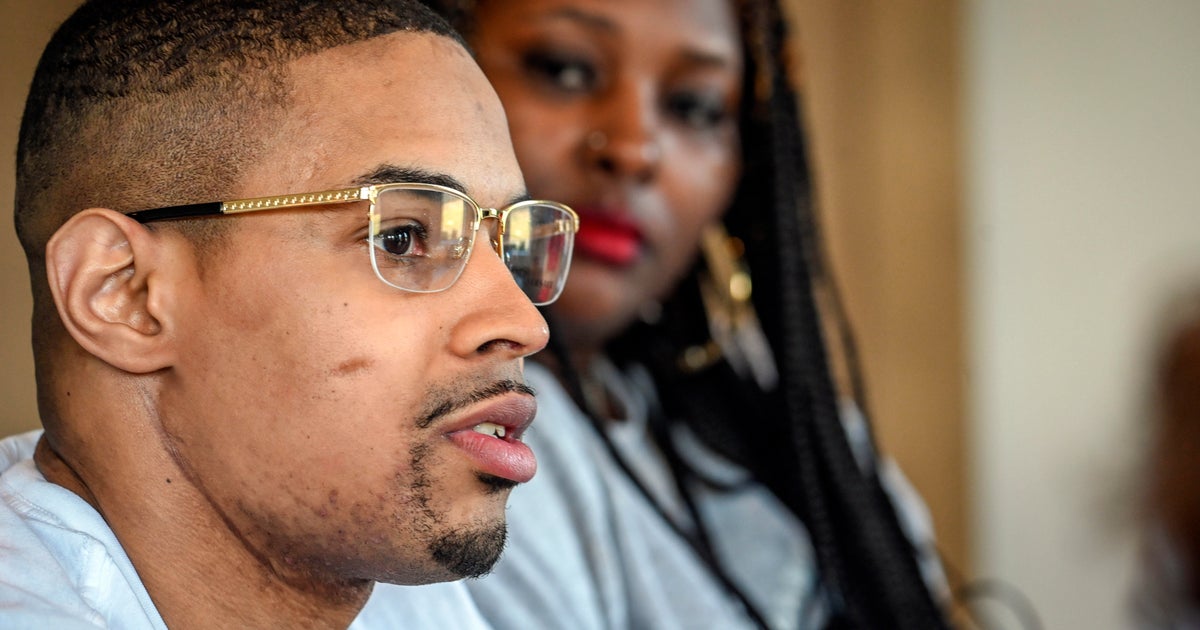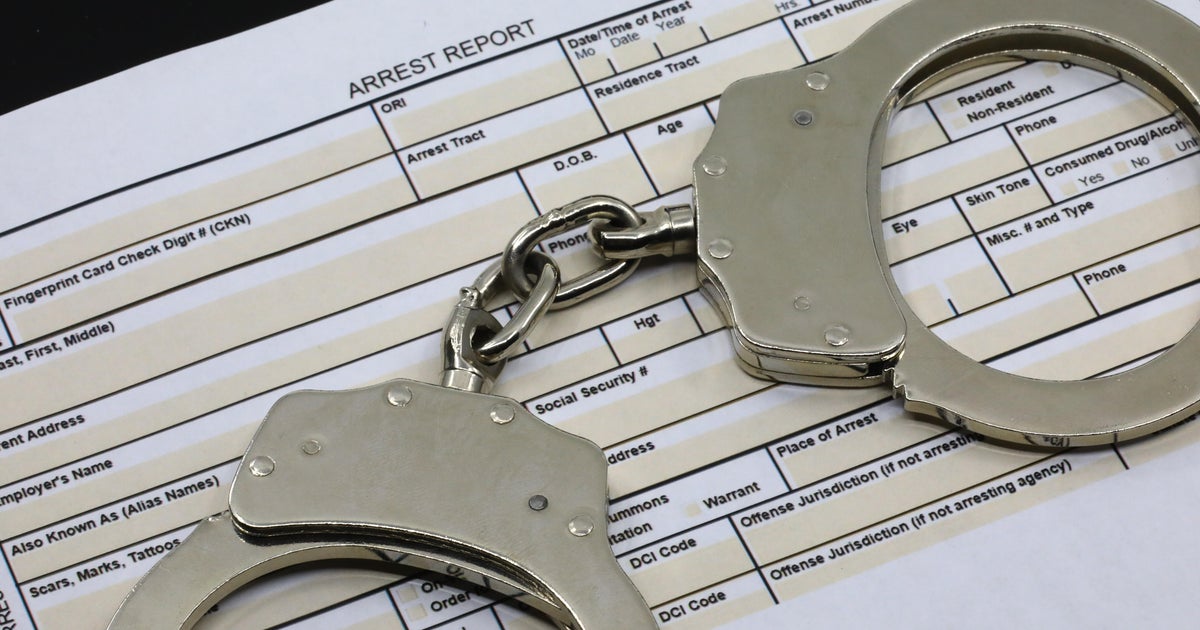Lactose intolerant woman sues Michigan-based Biggby Coffee for $5M over oat milk surcharge
(CBS DETROIT) - A woman suffering from lactose intolerance is suing Michigan-based franchise Biggby Coffee over a surcharge for non-dairy alternatives, saying the extra charge is excessive and violates the Americans with Disabilities Act.
The woman, Leslie Bower, filed a lawsuit on Wednesday in the U.S. District Court Western District of Michigan, seeking at least $5 million for damages. The lawsuit claims that the surcharge "represents an even higher percentage proportional to the price of milk."
Court records show that the woman visited multiple Biggby shops in Ohio and Michigan since 2020 and substituted 2% milk for oat milk. According to the lawsuit, the woman has been advised by a medical physician to avoid dairy due to bloating, diarrhea, excessive gas, nausea, abdominal pain, cramping and fatigue.
The lawsuit said that the company charged 50 cents to $1 extra to customers for non-dairy substitutes, adding that other companies, like Tim Hortons, do not charge extra for substitutions.
"Biggby will modify its regular beverage offerings to remove sugar or use sugar-free sweeteners at no additional charge for those persons with diabetes or who need to control weight," reads the lawsuit. "There is no expertise or additional work required of Biggby employees to substitute whole milk or fat-free milk in place of 2% regular milk, to make caffeine-free or sugar-free beverages, or to substitute Non-Dairy Alternatives such as almond, coconut, oat, or other lactose-free "milk" in place of 2% regular milk."
The lawsuit also claims discrimination, saying that the Americans with Disabilities Act considers lactose intolerance as a disability. It alleges that the company's actions are "malicious" and "intentional." The lawsuit claims the company has earned in excess of $50 million "as a result of its discriminatory and illegal levying of the surcharge."
The company, whose headquarters is in East Lansing, has more than 350 stores across the United States, with more than 140 more in development.







